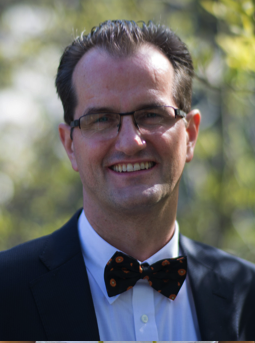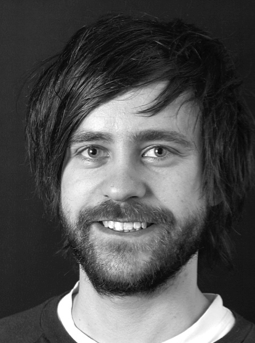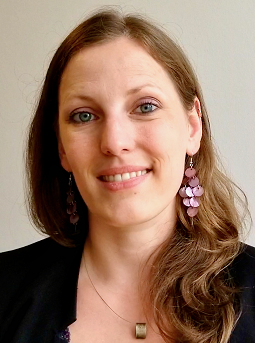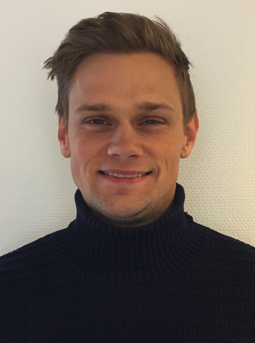If you are a team-oriented MR researcher eager to unleash the full potentials of high- and ultra-high field MRI and MRS through novel software and hardware solutions, then you might be the person we are looking for!
A 4-year Research Fellow position in advanced 3T & 7T MRI/MRS applications.
As a researcher at the Danish Research Centre for Magnetic Resonance (DRCMR) you will support new and ongoing studies on a few research scanners and have the freedom to develop novel MRI/MRS sequences, hardware and processing methods primarily targeting neuroscientific applications. We have a Philips 7T research only scanner with 2- and 8-channel transmit, 32 receive and 64 shim channels in addition to the standard 3rd order shim.
You will be working closely with a multidisciplinary team of engineers, physicists, biomedical and clinical experts, who are developing and applying exciting and cutting-edge microstructural, X-nuclei imaging and spectroscopy techniques primarily for 7T, but also 3T studies. You will be part of the Ultra-high field MR group (www.drcmr.dk/7t).
DRCMR is one of the leading research centers for biomedical MRI in Europe (www.drcmr.dk). Our interdisciplinary research is geared to triangulate between MR physics, basic physiology, and clinical research. Approximately 70 researchers from a diverse range of disciplines work together to pursue basic and clinically applied MR research with a focus on structural, functional, and metabolic MRI of the human brain and its disorders. Collaboration is key at DRCMR – we do not expect any researcher to be able to do everything alone, but we expect everyone to be interested in sharing knowledge with colleagues.
The DRCMR is embedded in the Department of Radiology and Nuclear Medicine, a large diagnostic imaging department including all biomedical imaging modalities at Copenhagen University Hospital Hvidovre. DRCMR has close interaction with clinicians and radiologists and a state-of-the-art MR-research infrastructure, which includes a pre-clinical 7T MR scanner, six whole-body MR scanners (one 7T, four 3T and one 1.5T scanners), a hardware workshop and laboratory, a neuropsychology laboratory, an EEG laboratory, and two laboratories for non-invasive brain stimulation. The 7T is a national research infrastructure, serving internal and external users across Denmark.
Your profile:
You are a team-oriented, creative and enthusiastic researcher with:
- A PhD degree in engineering, physics, biomedical sciences or a related field.
- At least 2-3 years of doctoral and/or postdoctoral experience within advanced high or ultra-high field MRI (preferably on Philips systems).
- A clear interest in MRI/MRS acquisition, reconstruction, and image analysis.
- Excellent knowledge of MR physics and programming skills in C/C++, MATLAB or Python.
- Ideally experience in MR sequence programming (preferably on Philips MR systems).
- Affinity with medical applications.
- Strong communication and collaborative skills.
Your tasks:
- To work directly with other scientists to ensure that our research studies take full advantage of the 3T & 7T MR scanners by maximizing the clinical information available in the multi-parametric MRI images (structural, functional and other quantitative read-outs) and MRS including deuterium spectroscopy.
- To support the 7T scanners daily operation, including MRI safety trainings.
- To develop novel sequences and data analysis methods and bring these to applications in new projects.
- To advance the field through your own research.
- To engage in internal education, grant writing, knowledge dissemination, and publication of results in international, recognized scientific journals.
Your position:
You will be employed for a four-year period at the DRCMR and join the ultra-high field MR group.
Salary and Terms of Employment:
Salary, pension and terms of employment are in accordance with the agreement between the Danish Regions (Danske Regioner) and the relevant professional organization. The salary depends on background education and seniority. Further supplements can be negotiated. Note that candidates coming from abroad may be eligible for tax reductions. The position is open for candidates of all nationalities. We see diversity as strength and encourage everyone regardless of gender, age, ethnicity, disabilities or religion to apply.






